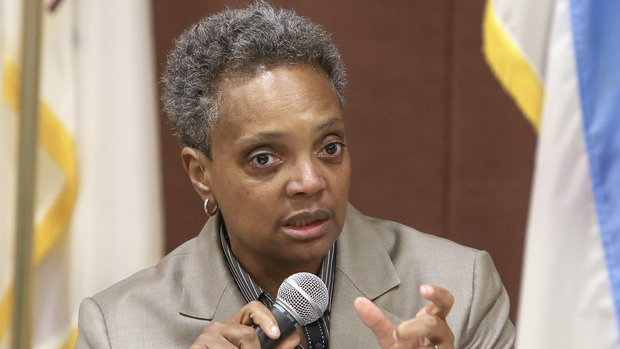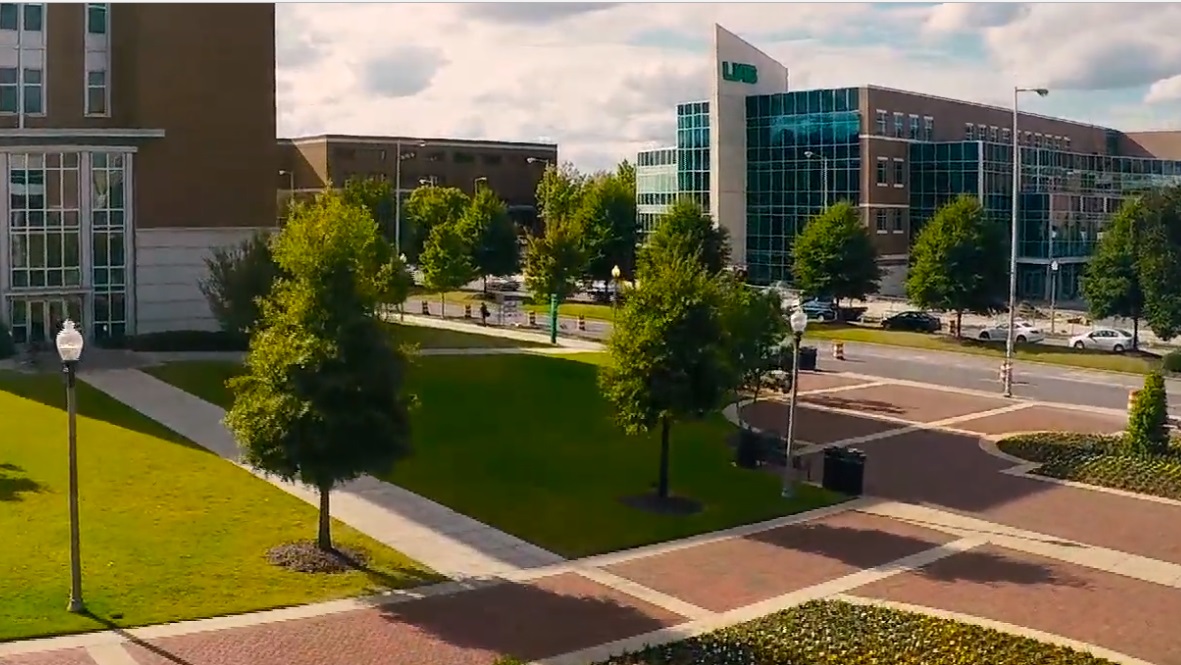
By Sanjana Karanth
Black Voices
Lori Lightfoot will be Chicago’s next mayor after Tuesday’s highly anticipated race. She’ll become the first black woman ever to lead the country’s third-largest city.
“Thank you, Chicago. From the bottom of my heart, thank you,” Lightfoot said Tuesday night during her victory speech. “Today, you did more than make history. You created a movement for change.”
Lightfoot, a former federal prosecutor, won the April 2 runoff against Cook County Board President Toni Preckwinkle, according to The Associated Press. Lightfoot is also Chicago’s first openly gay mayor and had been the head of a police oversight board.
“Out there tonight, a lot of little girls and boys are watching us. And they’re seeing the beginning of something, well, a little bit different,” Lightfoot said Tuesday. “They’re seeing a city reborn.”
Lightfoot and Preckwinkle, who both identify as progressives, were the top two vote-getters among more than a dozen candidates in the Chicago mayoral election in February, but neither received more than the 50% needed to avoid a runoff. Lightfoot received about 17.5% of the vote in February, and Preckwinkle received about 16.1%.
Both candidates had very similar platforms. Lightfoot and Preckwinkle focused on schools, safety and investment in communities including the South and West sides. Both women also support a moratorium on charter schools, legalizing recreational marijuana to help pay the city’s bills and having Chicago enter into a federally monitored consent decree to overhaul police training, according to a list of questions the Chicago Sun-Times asked the candidates.
But the candidates did differ on some subjects, such as a controversial proposal for a $95 million police training academy. Preckwinkle thought the city does not need to spend that much money on the academy, while Lightfoot said it’s not enough. Lightfoot also does not think that the consent decree as is will work for the city and that it requires substantive changes.
Critics of Lightfoot, 56, said her record contradicts the progressive platform she ran on. In 2002, then-Mayor Richard M. Daley appointed Lightfoot to head the Office of Professional Standards, which oversaw police accountability from within the department. She was also picked by current Mayor Rahm Emanuel to oversee the Chicago Police Board, which reviews cases of police discipline. The newly elected mayor said she has worked to change the system from inside the system, but critics said Lightfoot has not held officers accountable.
Preckwinkle criticized Lightfoot for her lack of experience. But Lightfoot has told WBEZ that her clean slate makes her the best candidate to “break from the status quo that has failed us” and deliver “equity, inclusion and fairness.”
Lightfoot’s win makes Chicago the largest city in the U.S. to elect an openly gay mayor. But some in the city’s LGBTQ community expressed concern over her win, saying that her history and record have not worked to protect underserved communities.
Lightfoot succeeds Emanuel, who decided in September to not seek a third term after a rocky tenure, partly stained by the city’s deep financial crisis and his handling of the 2014 fatal shooting of black teenager Laquan McDonald by a white officer.
Regardless of who won, this race would bring Chicago’s second elected black mayor (third overall) and its first black female mayor. The city elected former U.S. Rep. Harold Washington in 1983 by a narrow margin, but the City Council majority, led by Burke and Alderman Edward Vrdolyak, refused to pass any of his legislation or let him appoint people to commissions. Washington died in 1987 while still serving as mayor, and both Lightfoot and Preckwinkle cited him to the Sun-Times as their role model.
The new mayor will have her work cut out for her with issues including the relationship between law enforcement and the community, pension funds, school closings and a multimillion-dollar deficit. But after eight years of Emanuel and more than 20 years under Daley before him, Chicago appears to be ready for the change.
This article has been updated with comments from Lightfoot.



